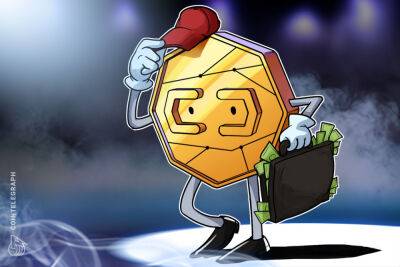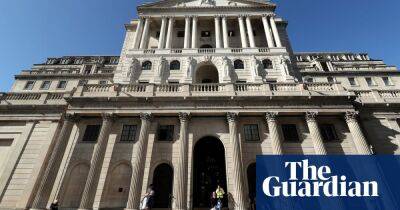The richest, not the poorest, should pay the price of soaring inflation
In the 25 years since the Bank of England was made independent, politicians have happily played along with the idea that they have no place in monetary management. Yet with inflation now reaching 9% – levels last seen 40 years ago – that pretence has broken.
Instead, senior Conservative MPs scolded the Bank for letting prices soar, suggesting Covid stimulus measures had been allowed to go on too long. For his part, the governor of the Bank of England, Andrew Bailey, also abandoned neutrality with his repeated calls for workers to exercise “restraint” and sacrifice higher wage demands.
While the transparency is refreshing, the focus on headline inflation is a red herring. In an economy as unequal as the UK’s, the blunt policy tools of the central bank risk reinforcing many of the economy’s underlying weaknesses.
Whatever MPs and the governor may imply, it is neither borrowing nor workers that have pushed up prices. Instead, the hit to consumers comes from rising energy costs, the choke to supply chains from China’s Covid lockdown, and a choice by some of the largest companies to collect windfall profits.
These factors are beyond the Bank’s immediate control. Yet it has responded to political pressure with the one major tool it has, increasing interest rates four times in the last six months, with the promise of more to come.
The higher borrowing costs will not affect wholesale energy prices, nor supply chains, or the price mark-ups of the energy companies. Instead, their intended effect is to engineer a slowdown in household spending, ease demand for labour and thereby neuter the possibility of wage rises. This is despite the Bank’s research showing that wages have not been a significant factor in recent inflation.
More than
Read more on theguardian.com



![Tron [TRX] traders can consider these levels before making an exit - ambcrypto.com - Beyond](https://finance-news.co/storage/thumbs_400/img/2022/6/16/29938_feanw.jpg)












![Is the $20-level next for ‘oversold’ Solana [SOL] - ambcrypto.com - city Santimentthe](https://finance-news.co/storage/thumbs_400/img/2022/6/16/29921_uho13.jpg)

